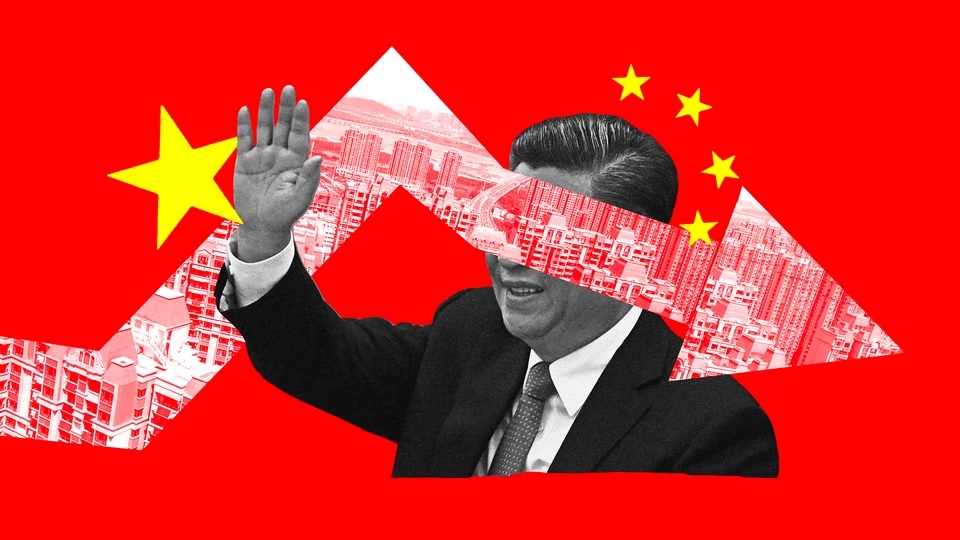RIO DE JANEIRO, BRAZIL – The Bank for International Settlements (BIS), a kind of central bank for central banks, points to Brazil as one of the emerging countries most vulnerable to the slowdown in China’s growth in its annual report published on Sunday, June 26.
According to BIS estimates, a decline of 1 percentage point (p.p.) in China’s Gross Domestic Product (GDP) is associated with a decrease of about 0.7 p.p. in Brazil’s growth after one year. The survey used the period 1996-2019 as its base.
“Several emerging economies are highly exposed to lower Chinese growth, especially countries in Asia and some commodity exporters,” says the Basel (Switzerland)-based bank.

In comparison, Mexico may suffer a 0.45 p.p. reduction in its GDP in the same situation. The dependence on China is more significant in the case of South Korea, with a decrease of 1.01 p.p. of its GDP for each 1 p.p. drop in the Chinese GDP. The decline in growth in the USA, Japan, and the eurozone would be between 0.28 p.p. and 0.36 p.p.
China grew 8.1% in 2021. For this year, the forecast from the Organization for Economic Cooperation and Development (OECD) is a drop of almost half or 4.4%, and for next year, 4.9%.
For the BIS, developments in China could be an additional factor pushing for global stagflation. On the one hand, the country has been responsible for a considerable share of world growth – about a quarter – over the past two decades. Moreover, it has been an important source of external demand for the rest of the world, particularly for raw materials.
On the other hand, says the BIS, China’s entry into the global trading system has persistently exerted disinflationary pressures, particularly in developed economies, even as its domestic demand has lifted commodity prices.
“There are signs, however, that some of these influences could now be diminishing,” the bank adds.
For the BIS, some factors contributing to China’s growth slowdown are structural and, therefore, likely to be long-lasting. It cites that China’s working-age population peaked in the early 2010s and will shrink further in the coming years.
Meanwhile, the potential for further productivity gains by incorporating pre-existing technology and reallocating labor to higher productivity activities has been shrinking.
The institution says that the slowdown in labor productivity grows as China approaches the technological frontier, comparable to what happened in Japan and Korea in previous decades. It indicates that a return to very high productivity growth rates is unlikely, the BIS assesses.
For the bank, a prolonged deceleration of the financial cycle would exert a greater drag on the growth of the world’s second-largest economy. Against the backdrop of high debt levels, the influence of financial factors was already evident last year.
Pandemic-related developments exacerbate the short-term headwinds. Containments and other measures to enforce the strict anti-covid policy could further disrupt production chains within China and trade with partners.
“The fight against the virus is far from over,” the bank says.
For emerging markets, the combination of high inflation, high and volatile commodity prices, major geopolitical tensions, and uncertain economic prospects in China reinforce the risks.
For the BIS, even if growth does not decline, high inflation tends to be more disruptive in emerging economies. Since inflation expectations are less anchored in some countries, nominal interest rate hikes are necessary to control inflation.
With information from Valor Econômico

